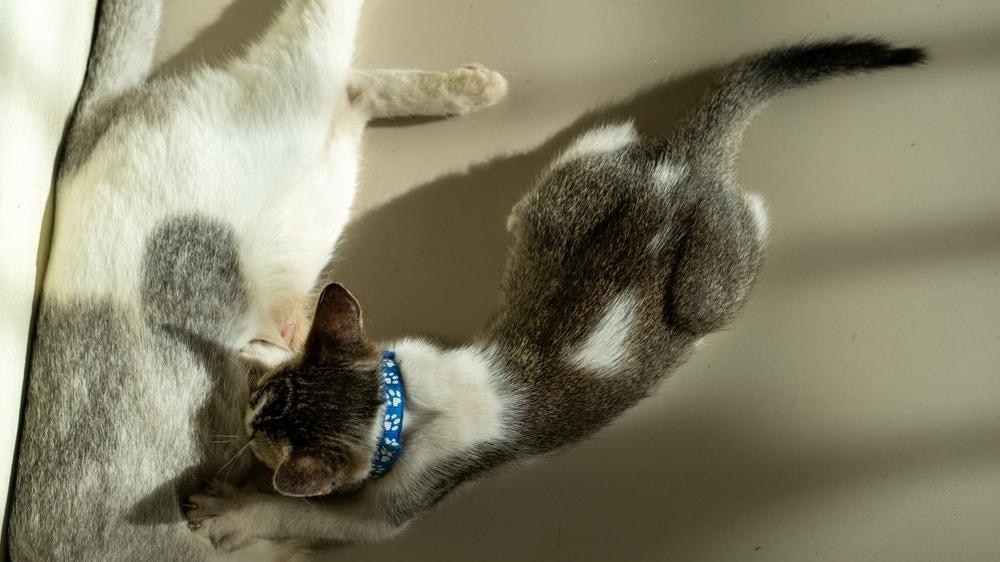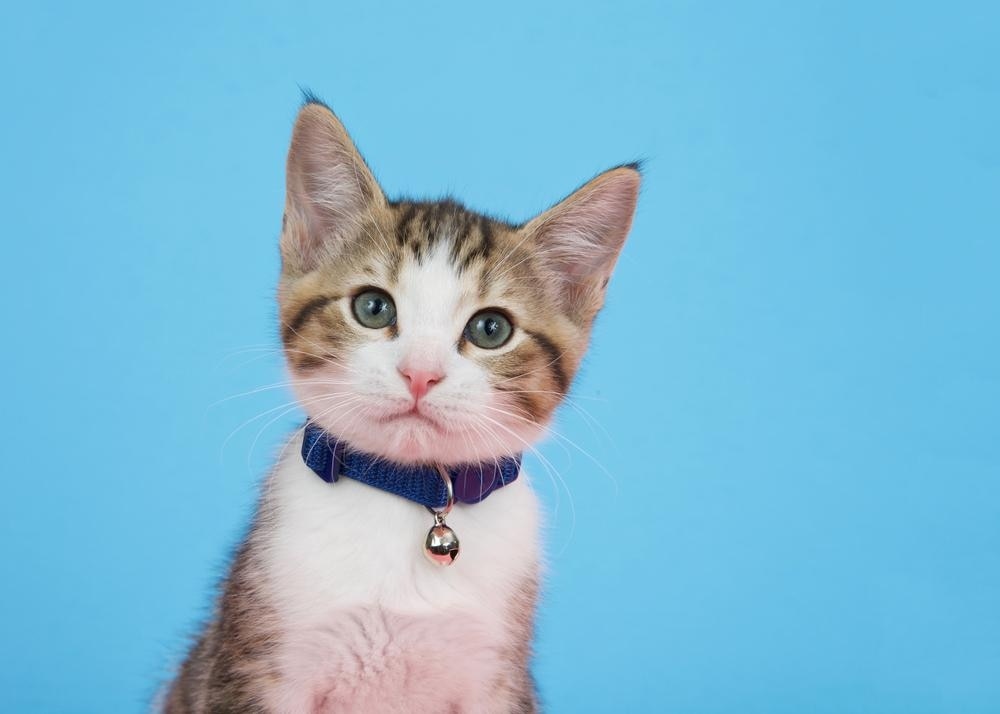
-
Find the right food for your petTake this quiz to see which food may be the best for your furry friend.Find the right food for your petTake this quiz to see which food may be the best for your furry friend.Featured products
 Adult Chicken & Barley Recipe Dog Food
Adult Chicken & Barley Recipe Dog FoodSupports lean muscle and beautiful coat for adult dogs
Shop Now Hill's Science Diet Adult Chicken & Beef Entrée Dog Food
Hill's Science Diet Adult Chicken & Beef Entrée Dog FoodChicken & Beef Entrée in a delicious loaf with complete & balanced nutrition to help keep adult dogs active and healthy
Shop Now Adult Large Breed Chicken & Barley Recipe Dog Food
Adult Large Breed Chicken & Barley Recipe Dog FoodSupports healthy joints, lean muscle, and beautiful coat for large breed dogs
Shop NowFeatured products Senior Vitality Adult 7+ Tuna & Vegetables Stew
Senior Vitality Adult 7+ Tuna & Vegetables StewImproves Everyday Ability to Get Up & Go
Shop Now Adult 7+ Indoor Chicken Recipe Cat Food
Adult 7+ Indoor Chicken Recipe Cat FoodSupports energy level and beautiful fur in mature indoor cats
Shop Now Adult Turkey & Liver Entrée Cat Food
Adult Turkey & Liver Entrée Cat FoodPrecisely balanced nutrition with the delicious taste of minced turkey & liver to help fuel the energy needs of cats during the prime of their life
Shop Now -
Dog
- Dog Tips & Articles
-
Health Category
- Weight
- Food & Environmental Sensitivities
- Urinary
- Digestive
- Joint
- Kidney
-
Life Stage
- Puppy Nutrition
- Adult Nutrition
- Senior Nutrition
Cat- Cat Tips & Articles
-
Health Category
- Weight
- Skin & Food Sensitivities
- Urinary
- Digestive
- Kidney
-
Life Stage
- Kitten Nutrition
- Adult Nutrition
Featured articles How to Properly Mix Wet & Dry Pet Foods
How to Properly Mix Wet & Dry Pet FoodsAn Orange cat eating from a bowl filled with mixed food
Read More What Is Littermate Syndrome? Pet Adoption Guide
What Is Littermate Syndrome? Pet Adoption GuideLearn more about littermate syndrome in dogs and cats and how to successfully navigate adoption and early socialization processes.
Read More The Science Behind Our Love for Pets
The Science Behind Our Love for PetsLearn the scientific reasons why we have such strong connections with our pets, and what science says about the love between humans and our furry friends.
Read More -


Cats and milk seem like a natural pair — thanks in part to classic cartoons and cozy movie scenes. But if you've offered your cat milk before, you may recall a less-than-picturesque cleanup. Aside from the mess, milk can actually be difficult for cats to digest, making it an unwise choice for your feline friend.
Here's what you should know about whether cats can have cow's milk.
Can Cats Drink Milk?
Kittens' primary source of nutrition is their mother's milk, but after weaning, they transition to solid foods and no longer consume dairy. When they stop nursing from their mother, signals in their body tell it to stop producing lactase, the enzyme responsible for digesting milk sugars. While this is a normal part of development, this leaves most adult cats lactose-intolerant.
This isn't the only reason milk is a poor beverage of choice for cats, though. Many cats today already face health challenges associated with obesity, making milk an unsuitable choice simply because of its calorically dense nutritional composition. The risk of an upset stomach combined with the extra calories and weight gain is simply not worth it.

What Happens When Cats Drink Milk?
When cats drink milk, most are unable to digest it properly, as they don't have enough of the enzyme responsible for processing milk sugars. This results in gastrointestinal upset, and if you or someone you know who is lactose intolerant has consumed dairy, you may be familiar with the toll this can take on the body. Some signs that your cat has an upset stomach from drinking milk can include:
Abdominal pain
Vomiting
Diarrhea
Excess gas
Anytime an animal eats something outside of what is normal for them, it can cause GI upset. And while some cats may experience tummy troubles a bit more subtly than others, the accompanied extra calories are unavoidable. While wanting to offer your cat a tasty treat makes sense, choosing one that doesn't sacrifice their health is an important factor to keep top of mind.


Tasty Tips
Can Kittens Drink Milk?
Unlike cats, kittens do produce lactase and are able to digest lactose, the milk sugar. However, while they technically can drink cow's milk, this still doesn't mean they should. Kittens have very small stomachs, and it is important that they get their species-specific nutritional needs met. If their tummies are full of cow's milk, they are missing out on the essential nutrients (and immune-boosting factors) from their mother's milk.
If the mother isn't able to nurse, kitten-specific formula is the best food for newborn kittens, since it's specifically designed with the right nutrients for healthy development.

Why Do Adult Cats Crave Milk?
While we will never know the answer to this question for certain, there are several reasons that may potentially play a part in why cats love milk. They may enjoy the fat and protein in milk. It's also the first food they consume after being born, so perhaps the smell evokes positive memories. But whatever the reason for their craving, the answer to the question "is milk good for cats?" remains the same: cow's milk is not a healthy or appropriate treat for cats of any age.

"When cats drink milk, most are unable to digest it properly, as they don't have enough of the enzyme responsible for processing milk sugars."

Can Cats Drink Milk Alternatives?
It's natural to want to offer your cat some variety from water, but are there safe milk alternatives to offer your cat as a treat? The short answer: no. The reason lies in the nutritional makeup of the milk:
Can Cats Have Almond Milk?
Almond milk is naturally lactose-free, but it can be extremely high in carbohydrates. It doesn't contain any health benefits for your cat.
Can Cats Have Goat Milk?
Goat milk is lower in lactose than cow's milk, but not void of lactose. It can still cause GI upset and contains high amounts of calories and fat.
Can Cats Have Coconut Milk?
Coconut milk is too high in fat for cats and can cause notable GI upset similar to cow's milk.
Can Cats Have Lactose-Free Milk?
Lactose-free milk bypasses the lactose conundrum, but can still be high in calories and fat.
Treats can be something you offer your cat from time to time, but it's best to keep them under 10% of your cat's daily calorie intake. No milk or milk alternative is recommended by veterinarians, but there are a number of cat treats available designed with your kitty in mind. Contact your vet if you have any questions about whether your cat can have certain treats.
Better Choices May Make Happier Cats
It may be tempting to offer your cat a cozy bowl of milk, but ultimately, it's not safe for them to drink. Whether you're caring for a curious kitten or a seasoned senior cat, offering safe and nutritious treats is one more way to strengthen the bond you share, and help keep them purring.


Dr. Laci Schaible is a small animal veterinarian, veterinary journalist, and a thought leader in the industry. She received her Doctor of Veterinary Medicine from Texas A&M University and her Masters in Legal Studies from Wake Forest University.
Related products

Precisely balanced nutrition with the delicious taste of minced turkey & liver to help fuel the energy needs of cats during the prime of their life

Supports energy level and beautiful fur in mature indoor cats

Improves Everyday Ability to Get Up & Go

Delectable chunks with tender chicken smothered in a rich gravy
Related articles

Learn how to litter train a kitten with this guide to potty training, including when to start litter training kittens and troubleshooting tips.

Discover which cat toys games your feline friend might like, and how they are great sources of exercise. Explore our library of articles to learn more.

Discover how to train your cat, starting with very basic first steps that both reward good behavior and discourage the bad.

When you adopt a cat, you don't just gain a best friend; you also save her life. Here's why getting a cat from a local animal shelter makes so much sense.

Put your cat on a diet without them knowing
Our low calorie formula helps you control your cat's weight. It's packed with high-quality protein for building lean muscles, and made with purposeful ingredients for a flavorful, nutritious meal. Clinically proven antioxidants, Vitamin C+E, help promote a healthy immune system.
Put your cat on a diet without them knowing
Our low calorie formula helps you control your cat's weight. It's packed with high-quality protein for building lean muscles, and made with purposeful ingredients for a flavorful, nutritious meal. Clinically proven antioxidants, Vitamin C+E, help promote a healthy immune system.

